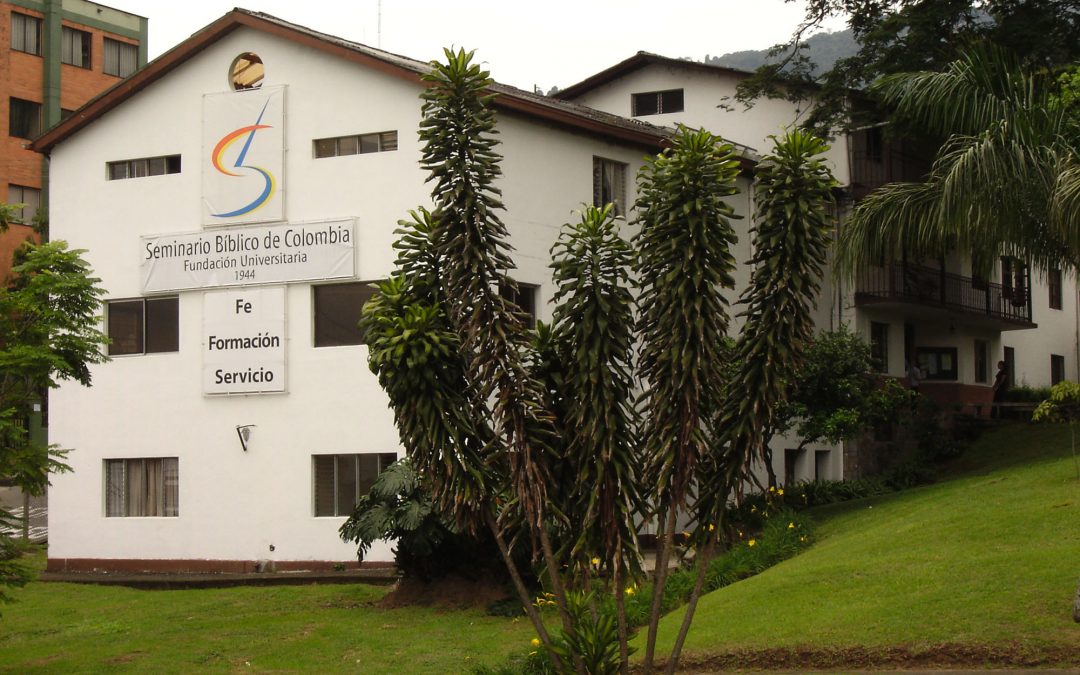In October 2017, representatives of seven of One Mission Society’s partner seminaries in Latin America met in Medellín, Colombia, in an historic gathering. Seminary rectors and denominational leaders from Brazil, Colombia, Ecuador, Mexico and Venezuela, joined by consultants from OMS, Asbury Theological Seminary, and the Methodist Seminary of Costa Rica, spent three days exploring the things that they share across their various corners of the Latin American context: similar challenges facing the church, similar economic and social pressures on the pursuit of higher education, similar theological issues. They also identified a core set of academic courses that is common to all their institutions. Out of the recognition that their similarities outweigh their differences and out of the deep desire for collaboration and mutuality that will enhance theological education and leadership training across the region, the Strategic Alliance of Latin American Seminaries (SALAS) was launched.
All participants agreed that online learning is no longer a “wave of the future,” but the already current reality across the region. Among the seven schools that are founding signatories of the Alliance, only two currently have online offerings. In response, the first phase of the Alliance project was to create a training course for faculty in the virtual learning environment; this was prepared and offered by the seminary in Medellín, the Fundación Universitaria Seminario Bíblico de Colombia, which has a strong existing online program. Thanks to scholarships offered by TLEAD, two faculty members from five of the six other signatory schools received the training over the course of several months. The initial feedback has been very positive, and those newly-trained faculty are enthusiastic about the training possibilities that might open up in their local contexts through the virtual classroom.
The next phase of the Strategic Alliance is the development of the first two core classes, Introduction to the Bible and Introduction to the New Testament. These are currently in the design phase at FUSBC, with the goal of offering them to the students of the member schools in early 2019. The remaining eight core curriculum courses will be developed two at a time, semester by semester. Already we are seeing the mutuality of the alliance, as the development and online faculty teams at FUSBC reach other to solicit the help of content experts from the various member schools for the creation of those remaining eight courses.
Strategic Alliance has the potential to have a highly significant positive impact on the church and on leadership training in Latin America in the years to come. Not only will the online delivery platform allow for member schools to reach greater numbers of students that are geographically distant from the brick-and-mortar seminaries, the richness of a classroom shared with brothers and sisters from “similar yet different” cultural, ecclesial, and theological contexts will greatly enhance students’ learning experience. Already in my conversations with seminary leaders in the region, I am hearing excitement about the possibilities of this enhanced mutuality and collaboration, and there is eager anticipation of the next regional gathering when representatives of the member schools can once again engage face-to-face to envision the next steps for the Alliance.
-Dr. Rachel L. Coleman

